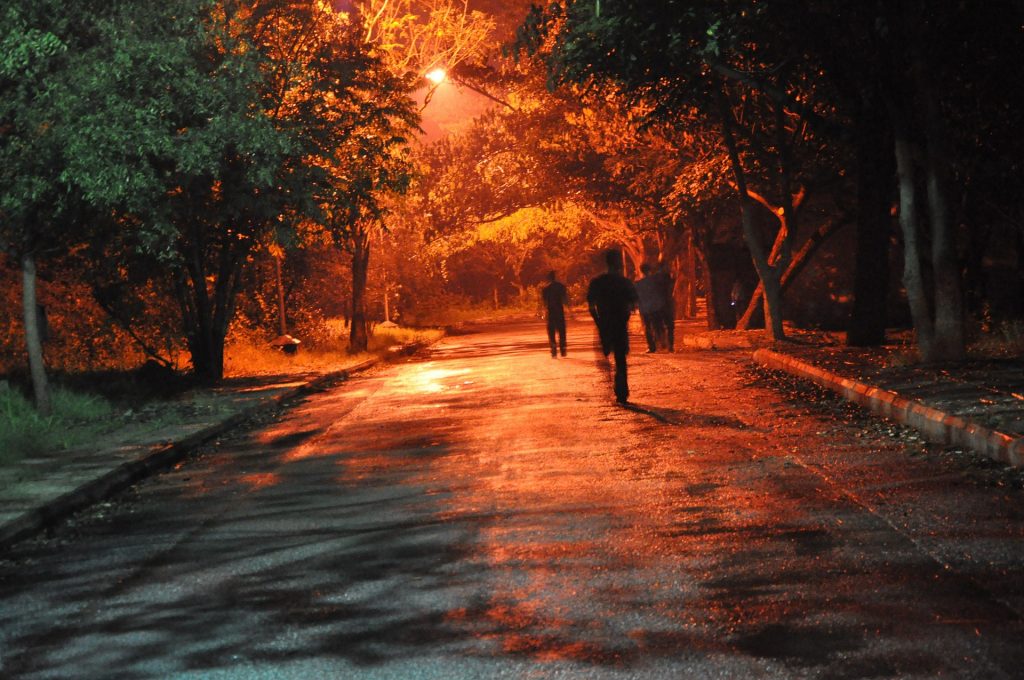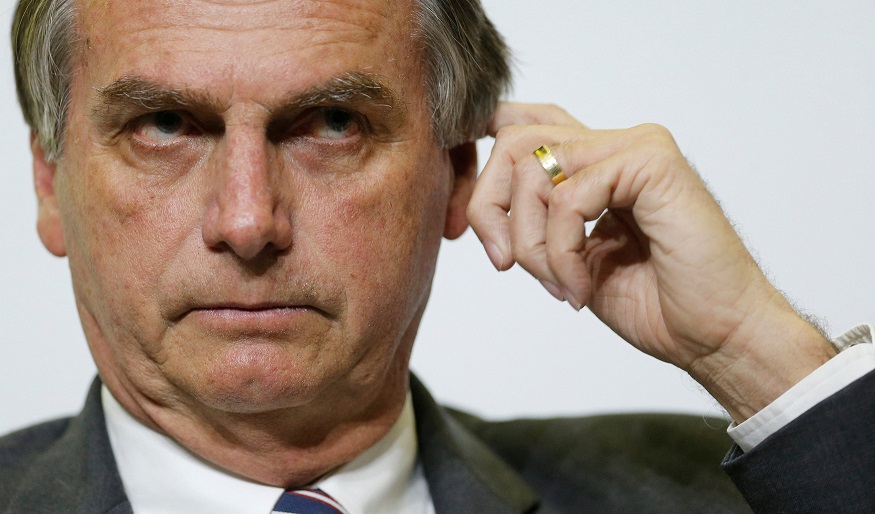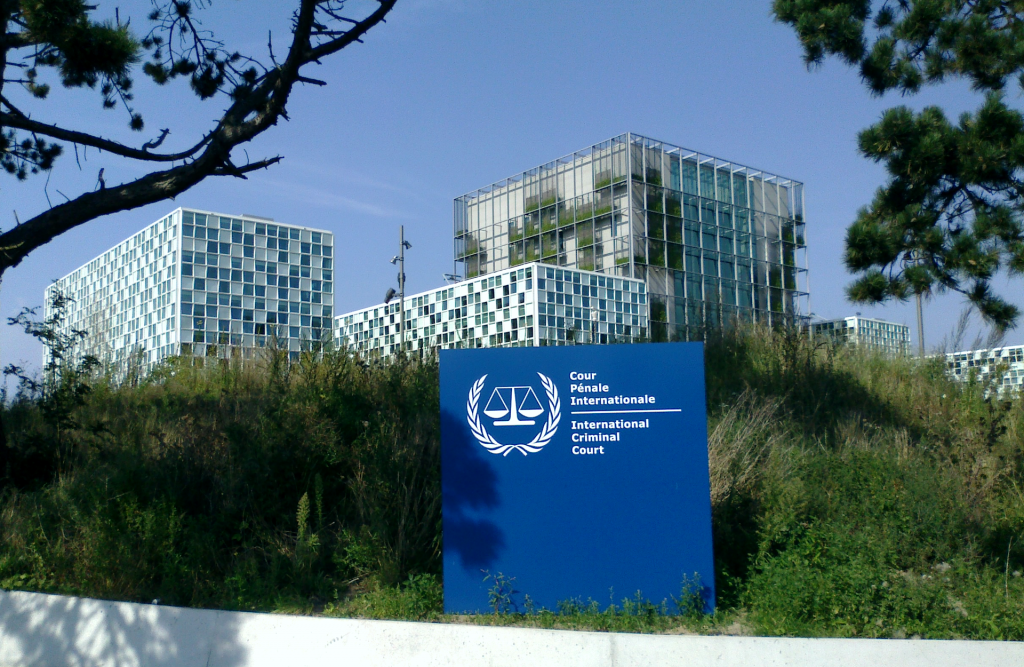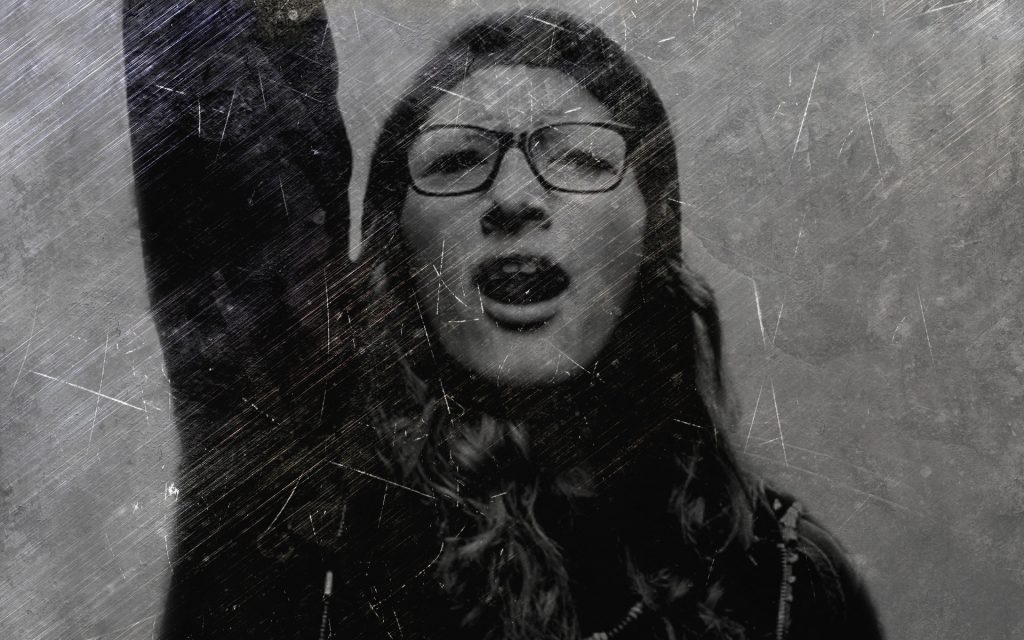West African oil is of increasing strategic importance globally, and Nigeria— the largest producer in the region —is at the centre of this petro-capitalist industry. In this episode of Declarations, Dr Elias Courson is in conversation with Mary-Jean Nleya andL’myah Ross-Walcott. Together, they explore the history and contemporarysignificance of the Niger Delta for Nigerian politics and petro-capitalism.
Elias begins by offering a
summary of Nigeria’s long history of resource exploitation, mostly centred on
the Niger Delta – the fertile coastal region of land sitting directly on the
Gulf of Guinea. For European powers, the Niger Delta was a key site during the
slave trade, providing a gateway from West Africa to the Atlantic and onto
sugar plantations in the Americas. Palm oil then took the interest of the British
colonial administration, going on to become the most consumed edible oil in the
world.
Oil was discovered in 1956,
and the infrastructure developed by the British colonial administration passed
into Nigerian hands with the country’s independence in 1960. Since then,
Nigeria’s oil has become the country’s main source of income. It is the key resource
in national, regional and international politics. However, the powerful interests
involved in Nigeria’s petro-capitalism and its immense profits mean that there
is little interest in the needs of Niger Delta peoples and its environment.
Whilst Nigeria’s oil economy is run by its independent government, the distance
between national elites and Niger Delta populations mean that ‘For us in the Delta,
we see an external imposition in the region’.
International oil giants also
have a strong interest in the region, with most of the extraction and
production of oil taking place through licenses to corporations such as Shell,
Texaco and ExxonMobil. The relationship between these corporations and the Delta
peoples ‘has been one of conflict’. Through expulsions and massacres the
Nigerian state has smoothed the road for extractive industries. Now, with intensified
large-scale crude oil thefts, or so-called illegal bunkering, oil companies are
increasingly turned to private security firms to guard their profits. However,
these forces, supported by the state’s Mobile Police unit, are also repressing local
activists and dissenting voices. Elias invokes the memory of Ken Saro-Wiwa, a
Nigerian environmental activist, public intellectual and member of the Ogoni people
who was assassinated in 1995 for his non-violent resistance to oil extraction in
the region. Since Ken’s killing, the exacerbating levels of repression have
provoked local groups into adopting alternative means of retaliation.
Focusing on the present-day
situation in the Niger Delta, Mary-Jean asks about the environmental destruction
involved in hydro-carbon extraction. Amnesty International reports flag the
Niger Delta as one of the most polluted areas in the world. For Elias, this is
an understatement. The region has now passed from ‘polluted to uninhabitable’. People
who live in the Niger Delta are regularly dying of conditions caused by polluted
air, water and soil.
L’myah is keen to know what
role the Niger Delta played in Nigeria’s elections cycle in early 2019. Elias
describes how contemporary political struggles for control over the Nigerian
state are really a fight for control over Nigerian oil and so, the Niger Delta.
Despite a federal structure, individual states have little control and power at
the federal level passes between elite groups. This strong central power means
that the Niger Delta populations have little involvement in the decisions being
made about the future of the region.
Looking to this future, Elias believes
a push for alternative energy sources will be crucial for the Niger Delta. If oil
can be unseated as the key source of profit and power, then there will be space
for alternative voices in Nigerian politics. Elias also sees an urgent need for
dialogue between different groups and interests in Nigeria, and for the state to
realise that it cannot respond to civic demands with violence.
You can subscribe to Declarations on iTunes, Spotify, Soundcloud, or wherever you get your podcasts. Like us on Facebook and follow us on Twitter @DeclarationsPod to continue the conversation about human rights.
Key
Links:
Guest:
Dr Elias Courson is a lecturerin the Department of Philosophy at Niger Delta University, Nigeria. He hascarried out extensive research on the oil induced crisis in Nigeria’s NigerDelta and is currently part of a research team that received an APNCollaborative Working Group grant in 2017. Dr Courson earned his PhD inGeography from the University of California, Berkeley and is a former postdoctoralfellow at the Centre of African Studies, University of Cambridge.










